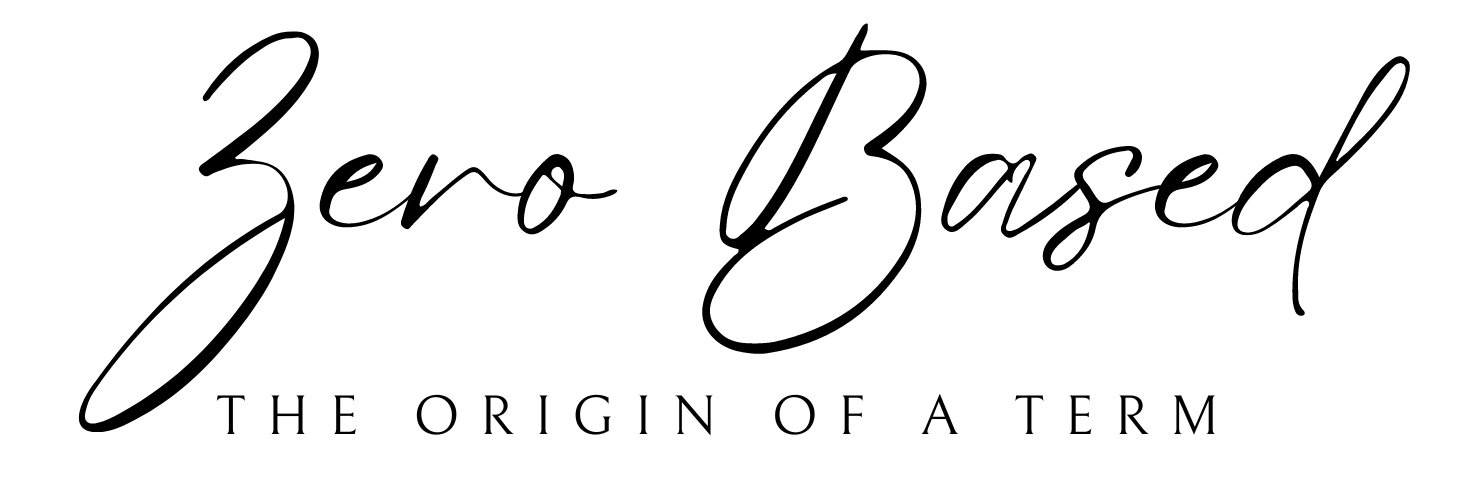In business, the term zero-based began being used in budgeting. Zero-based budgeting is a method whereby each and every line item in a budget is reset to zero on an annual basis. You then start the budgeting from zero. When this is done each of the expenses added back from the zero point have to be fully justified and thus eliminates carry-over expenses from prior years that are not helpful to the overall business goals. Budgets completed in this manner could wind up higher or lower than in previous years, and that’s fine, however the line items should be justified by real business needs to accomplish goals. Revenue lines would also be just as thoughtful done.
Pete Pyhrr is credited with the idea of zero-based budgeting. While he was an accounting manager at Texas Instruments in the 1970s, he developed and used the method. Today, Fortune 500 and other companies have adopted this method and its use has grown rapidly in just the past 5 years.
Zero-based budgeting by its nature is detailed oriented and can’t rely on blind assumptions and blanket increases. It is certainly done with the assumption that nothing is sacrosanct. It is time-consuming, but at the same time favors direct results. The advantages are very flexible budgets, a great amount of focus on operations and impact, lower costs, and more disciplined execution. There are downsides in that it takes more time and intensity to work this way and it tends to bring the focus to the short and medium term.
When you look at this zero-based approach and apply the thinking to life, your career, early stage startups, or your growing business you can start to see the appeal and how it can build durable and transformational change even in resource scarce environments.
The next use of the zero-based in business that we’ve found is at consulting firms focusing on business strategy using zero-based design.

At Thinking from Zero, our focus is holistic and focuses on both personal and professional development, business growth and leadership, and authentic alignment of all aspects of a life well lived. Learn more on our Growth page.
